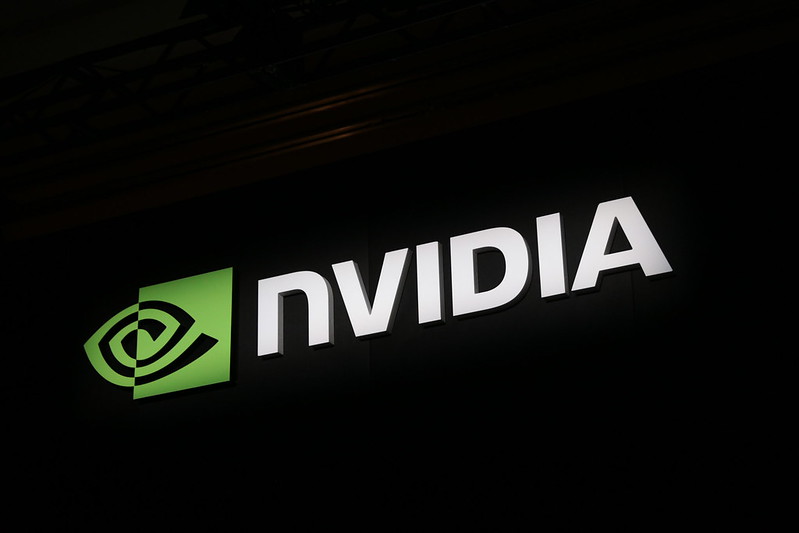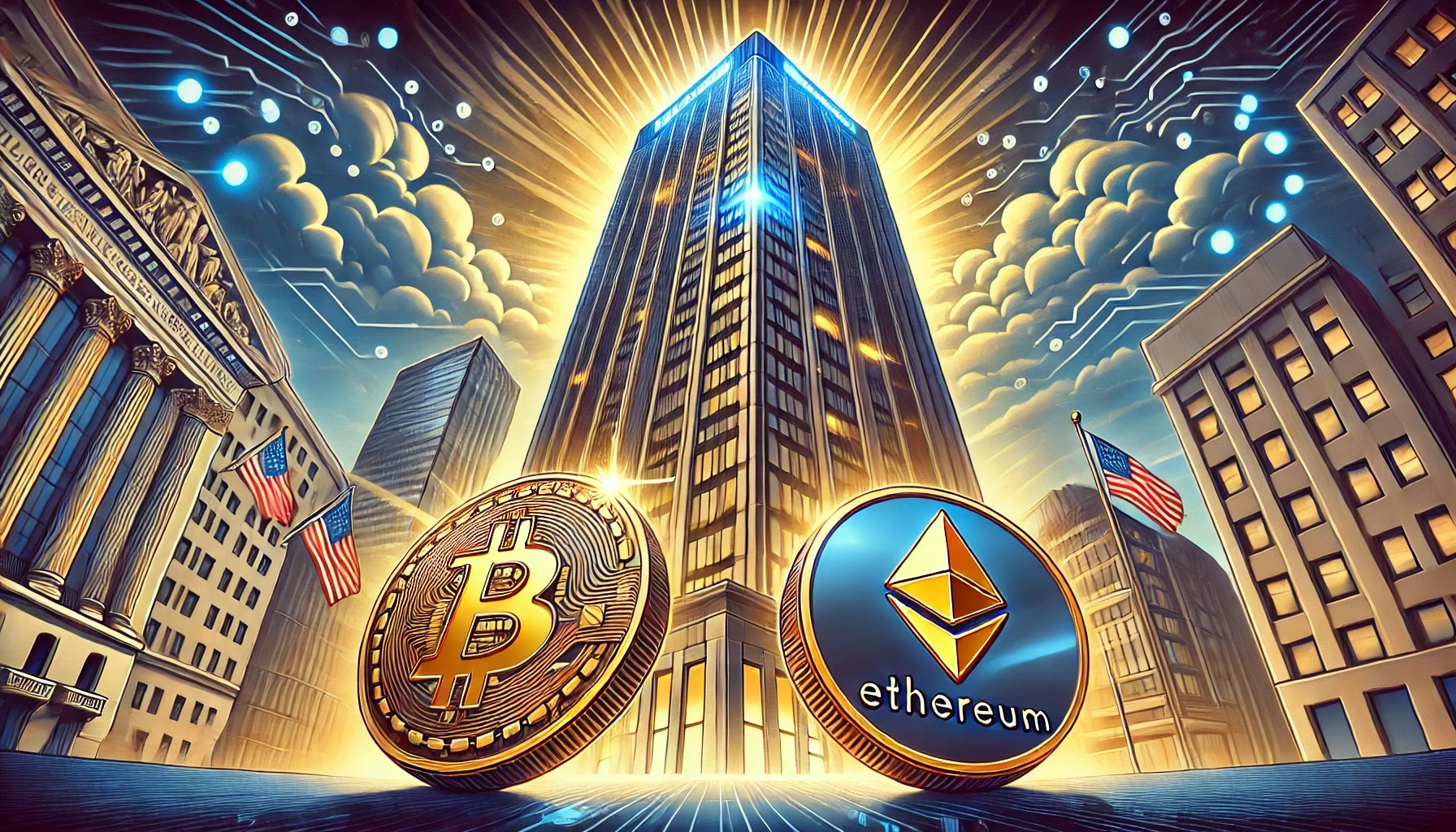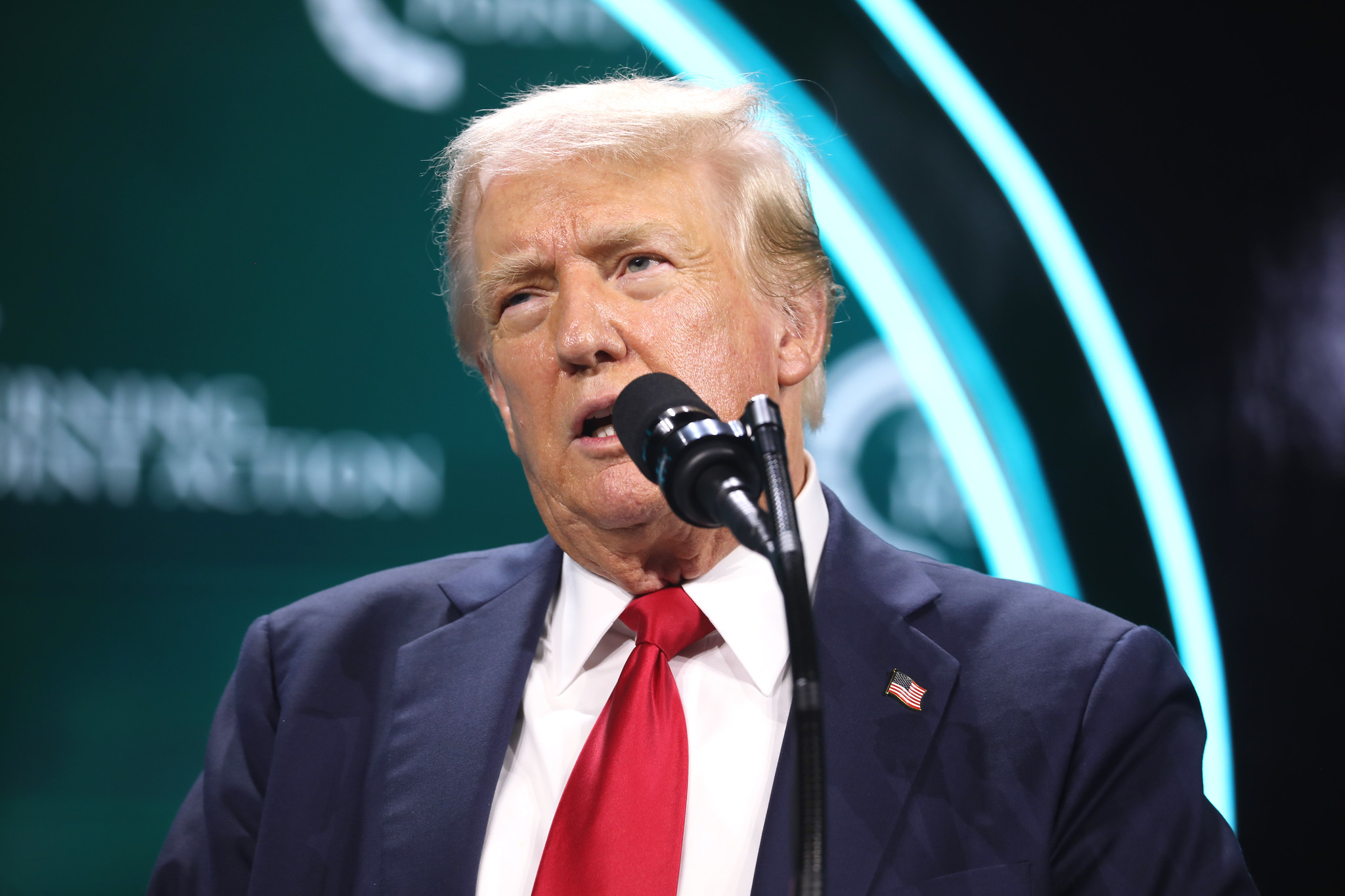The U.S. Supreme Court removed itself from the Nvidia securities fraud controversy Wednesday, upholding a lower court’s decision to keep a 2018 lawsuit alive. Investors say Nvidia concealed the depth of its reliance on crypto sales, clearing the path for discovery and potential litigation.
Supreme Court Declines to Rule on Nvidia's Crypto Securities Case
On Wednesday, the United States Supreme Court avoided deciding whether or not to grant a motion by shareholders to move on with a securities fraud case that accuses Nvidia, an AI chipmaker, of misrepresenting the extent to which its revenues were dependent on the wildly unpredictable cryptocurrency market, Reuters reports
On November 13, the justices heard arguments in the case and rejected Nvidia's appeal of a lower court's decision that had permitted a class action lawsuit to proceed in 2018. The lawsuit had been spearheaded by the Stockholm, Sweden-based investment management firm E. Ohman J:or Fonder AB.
After concluding that the lawsuit had no right to be granted, the Supreme Court chose not to resolve the underlying legal disagreement. The lower court's decision remains in effect as a result of its action. The dismissal by the Supreme Court was announced in an unexplained one-line order.
Supreme Court Voices Reluctance to Intervene
Several justices voiced their reluctance to step in throughout the debate. They expressed concern that the matter was too technically difficult for them to determine and asked whether there was a genuine legal issue at stake rather than merely a disagreement over the facts.
The key question was whether the plaintiffs met the stricter requirements for filing private securities fraud lawsuits imposed by the Private Securities Litigation Reform Act of 1995, a federal statute that sought to prevent needless lawsuits.
The plaintiffs claimed that Nvidia and its CEO Jensen Huang broke the Securities Exchange Act of 1934 by making deceptive claims in 2017 and 2018 about the contribution of cryptocurrency purchases to Nvidia's revenue growth.
Per Investing.com, as the value of various cryptocurrencies like bitcoin and ether increased in 2017, Nvidia's processors became more and more popular for cryptomining, a process that requires solving complicated mathematical equations.
The stock price of Nvidia dropped in early November of 2018 as the company's revenue fell short of its predictions, which was caused by a decrease in crypto profitability. This happened in late 2018.
Allegations of Concealment in Nvidia's Crypto Business
Claiming to have concealed the impact of cryptomining on their business, the plaintiffs accused Nvidia and its top officials. The investors' lost value of their Nvidia shares is one reason the lawsuit seeks unspecified monetary damages.
In 2022, Nvidia paid $5.5 million to settle claims that it failed to adequately disclose the effect of cryptocurrency mining on its gaming business. The company did neither confirm nor refute the conclusions reached by federal regulators.
After a federal court rejected the case, the 9th U.S. Circuit Court of Appeals in San Francisco brought it back. It was decided by the 9th Circuit that the plaintiffs had sufficiently claimed that Huang had "false or misleading statements and did so knowingly or recklessly," so their action could move forward.
To the Supreme Court, Nvidia contended that the plaintiffs had not proved, as was necessary under the law, that the contested corporate statements were untrue or that the firm had willfully or carelessly misled investors.
Biden Administration Backs Shareholders' Securities Fraud Case
The plaintiffs argued that their claim was well-supported by evidence from experts, market research, and former employees, which allowed them to withstand Nvidia's dismissal request and move on to the discovery phase of the action.
The stockholders have the backing of President Joe Biden's administration.
In November, the Supreme Court heard arguments in two cases concerning whether private parties have the authority to sue corporations for claimed securities fraud; one of these cases was the Nvidia disagreement. Similar to the other one, the court rejected the case involving Meta's Facebook on November 22 after it was argued on November 6.




























Comment 0